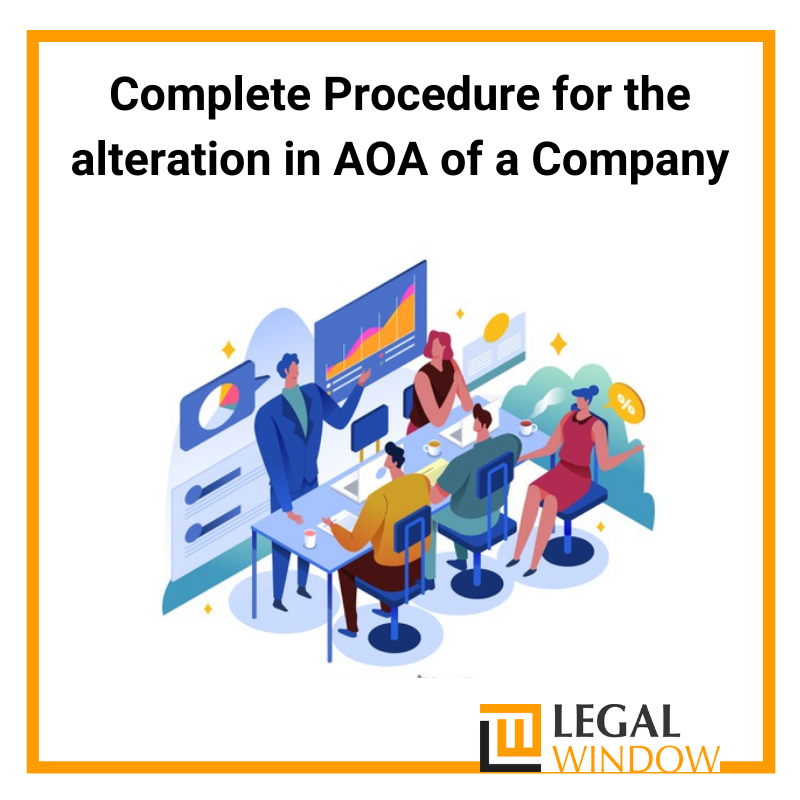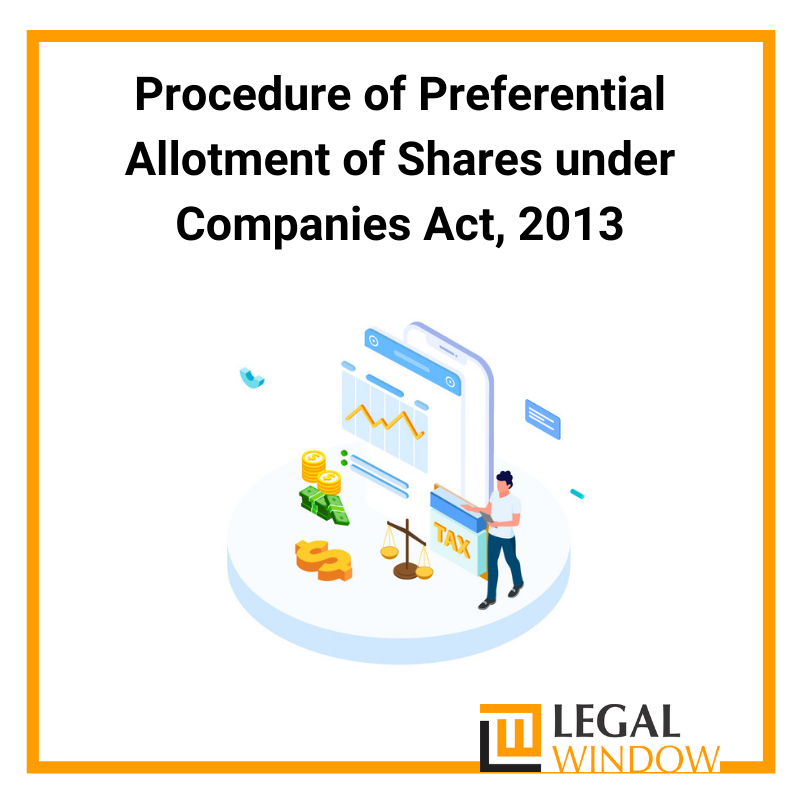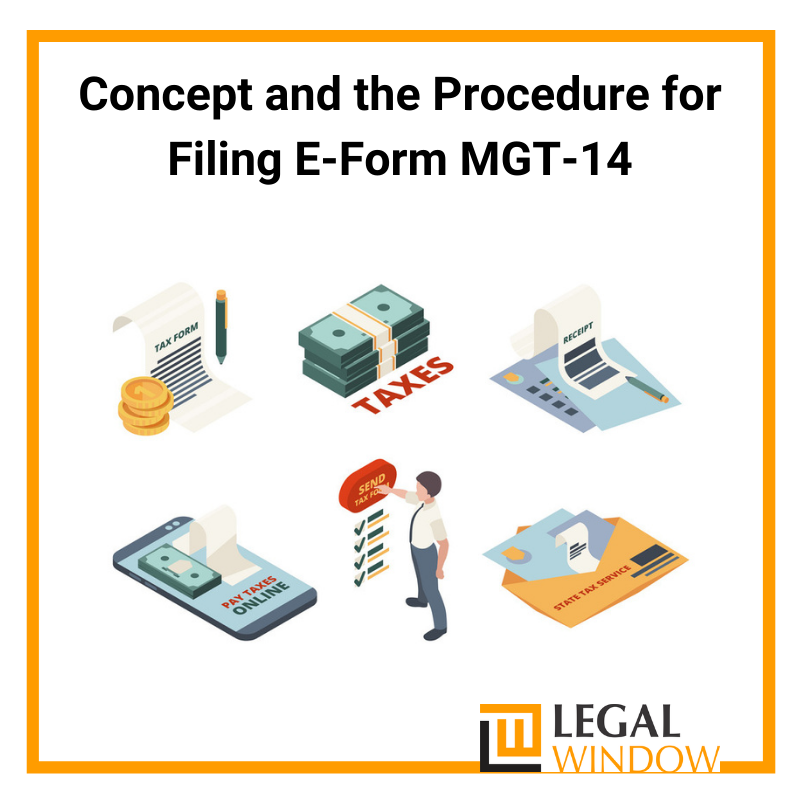Latest Post and Updates

The articles of association of a company are its by-laws or rules and regulations which govern the management of its internal affairs and the conduct of its business. They are framed with the object of carrying out the aims and objects as set out in the Memorandum of Association. Further,…
A startup is a new business setup that is small in nature and initiated by a single or a group of individuals. It makes the startup different from other businesses. A startup presents a new product or service that is not available at some other place. The base of a…
Today’s time is undoubtedly everything about to what extend one can quickly get what they want. All thanks to E-commerce, which is booming today in the online shopping portals. Those are Flipkart, Amazon, and many more, which have transformed the shopping involvement for the interested and remote consumers. Fashion! Food!…
Organic foods and supplements are grown naturally using manure, sunlight and without the synthetic application of fertilizers and chemicals. In recent times, organic farming has gained momentum and people have started to prefer organic products. Farmers are also slowly adapting to the change and are using chemical-free stuff for the…
The term Conversion of Debentures into Shares denotes a process under which a Debenture Holder decides to become a Shareholder of the company by converting his/ her Debentures into Shares. Further, after becoming a Shareholder in the company, the said person will get the Right to Vote. In this blog, we will discuss the concept of Conversion of Debentures into Shares and the Procedure for the same. Concept…
Under Companies Act, 2013, Company can raise funds via preferential allotment, employee stock option plan, sweat equity shares and right issue. Issue of Shares through preferential basis is the fastest way for a Company to raise capital. Section 62 (Allotment of Shares) and Section 42 (Allotment of Securities) of Companies Act, 2013,…
Shareholders are the real owners of the company, and they appoint Directors to manage the affairs of the company. Shares of the company held by shareholders are movable property and freely transferable to the other person or entity. As the number of shares decides the percentage of ownership by the…
Running a business or company isn’t any cakewalk. To run a business successfully, the right decisions have to be taken at the right time. As such, whether it be a small or well-established business, new decisions and choices have to be made now and then for the successful execution of…
One of the crucial features of the Private Limited Company or a Limited Company is the free transferability of ownership. The Transfer of shares is a voluntary act by the parties, and after transfer, the ownership of the shares is transferred from the transferor to the transferee, whereas the Transmission…
The concept of a Non-Profit Company is quite old in our country India. The Companies Act, 2013 provides for the Registration of Non-Profit Companies in India. Any person intending to form a Company with a non-profit object can register in India. Section 8 of Companies Act, 2013. read with the Companies…
Categories
- Agreement Drafting (23)
- Annual Compliance (13)
- Change in Business (37)
- Company Law (150)
- Compliance (90)
- Digital Banking (3)
- Drug License (4)
- FEMA (17)
- Finance Company (42)
- Foreign Taxation (9)
- FSSAI License/Registration (15)
- GST (124)
- Hallmark Registration (1)
- Income Tax (214)
- Latest News (36)
- Miscellaneous (170)
- NBFC Registration (8)
- NGO (18)
- SEBI Registration (6)
- Section 8 Company (10)
- Start and manage a business (27)
- Startup/ Registration (134)
- Trademark Registration/IPR (48)










